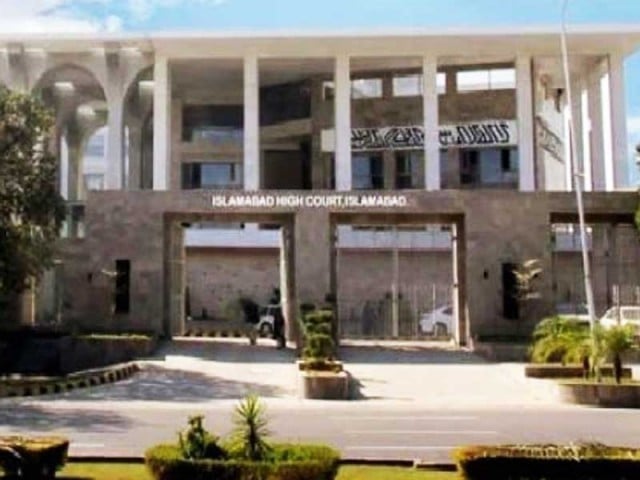
A division bench of the Islamabad High Court (IHC) has remarked that as per its understanding, former prime minister Imran Khan and former foreign minister Shah Mahmood Qureshi had not disclosed contents of a diplomatic cipher in their famous speeches of March 27, 2022.
The bench, comprising Chief Justice Aamer Farooq and Justice Miangul Hassan Aurangzeb, made this observation on Wednesday while hearing Imran’s and Qureshi’s appeals against their conviction in the diplomatic cipher case.
On January 30, a special court sentenced the former PM and his FM to 10 years in prison each under the Official Secrets Act (OSA), 1923 for misusing a diplomatic cipher telegram during the final days of the PTI’s government.
During the hearing on Wednesday, Barrister Salman Safdar, the lawyer for the appellants, presented more arguments against the special court’s verdict.
Safdar told the bench that the cipher was never read out in the public rally. He added that the verdict was pronounced before the statement of Qureshi. Both Imran and Qureshi were asked two questions, and immediately afterwards the judgment was announced.
Referring to the judgment, the lawyer said that it had been written that the state’s trust was broken, therefore, the accused did not deserve any leniency. He added that these laws were made for the enemies of the country but had been used against the political adversaries.
Justice Miangul Hasan Aurangzeb remarked that if a foreign state commits something offensive, it could not be revealed because that had come through a cipher, but what if the information was not contained in a cipher, rather came through other usual channels.
If the cipher had come as a diplomatic pouch, could the prime minister bring it forward, he further asked. Salman Safdar replied that there was no recovery of the copy of the cipher from both the appellants, therefore, a wrong case was made and the trial court gave the wrong sentences.
He added that former minister Asad Umar was not charged after he quit politics, while former principal secretary to prime minister Azam Khan, another major character in the controversy, was let off the hook after he gave testimony in the case.
“However, he said, Qureshi was punished because he was not ready to leave the PTI founder,” he said.
Justice Miangul Hassan Aurangzeb also remarked that the trial judge gave the finding in the judgment that Pakistan-US relations were damaged. He asked what was the basis of this finding. Safdar replied that it was written on the basis of the statement of former Pakistani ambassador to US Asad Majeed.
Safdar said that a frivolous prosecution was carried out.
He emphasised that the cipher was not brought forward because it would favour the accused. He termed the prosecution of Imran and Qureshi in the cipher case a mockery of law.
The court said the PTI founder was accused of disclosing secret documents and also losing it. Safdar argued that it was not about losing the cipher, stressing that the cipher was still present in the Foreign Office building.
He said that many copies of the cipher were sent and that the case had been made on the basis of just one copy, while nine other copies of the document were also not returned. He asked why the case was instituted against Imran only.
The bench told Safdar that Imran was also sentenced to two years for not returning the copy of the cipher. If one thing came to him, he should have returned it, but he did not, the bench said, asking the lawyer to argue on that point on Thursday (today) and adjourned the hearing.

















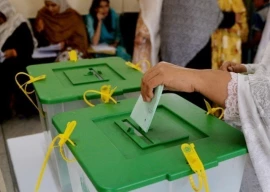

1716056648-0/IMG-20240512-WA0013-(1)1716056648-0-270x192.webp)
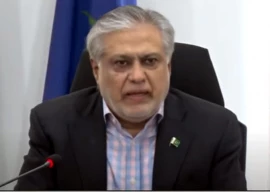







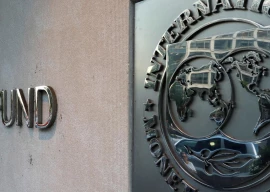







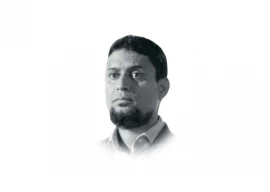

COMMENTS
Comments are moderated and generally will be posted if they are on-topic and not abusive.
For more information, please see our Comments FAQ